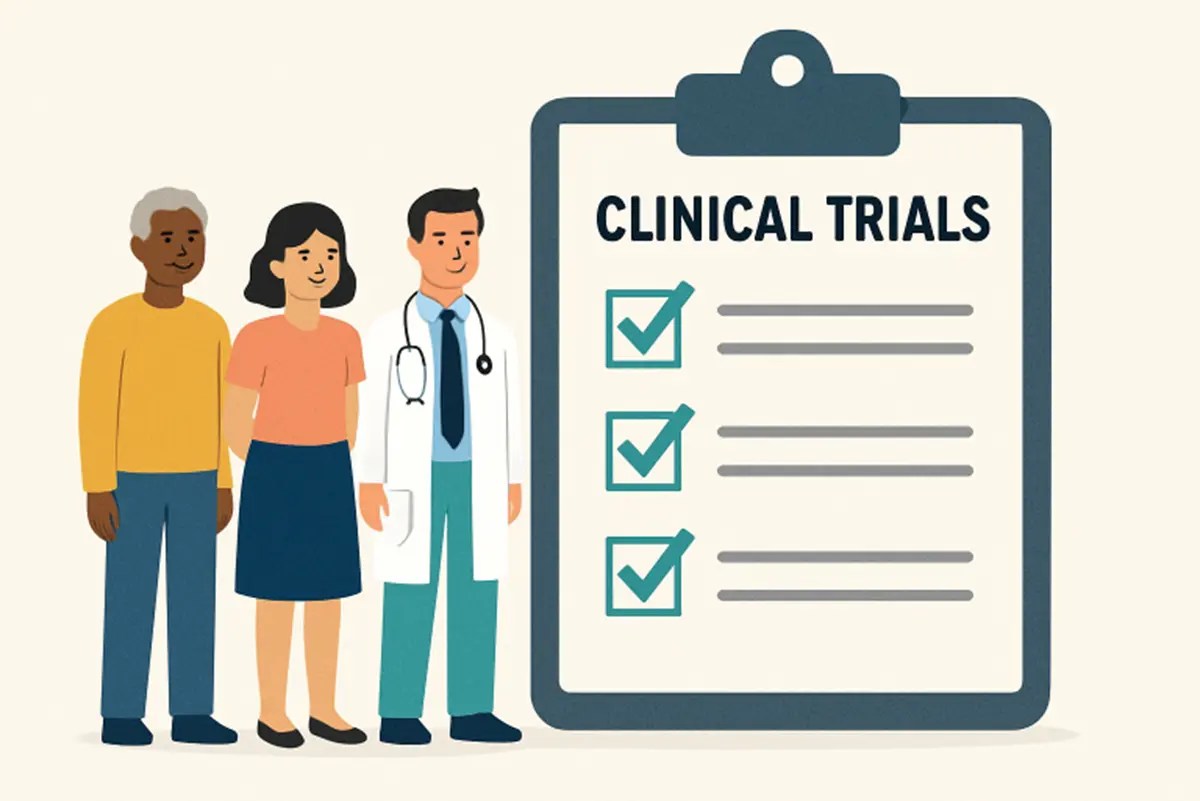The Impact of Clinical Trials on Modern Medicine
The Role of Clinical Trials in Medical Advancements
Clinical trials are the backbone of medical innovation, providing the rigorous scientific evidence to bring new treatments and therapies to the public. Through carefully controlled studies, researchers gain insights into whether emerging drugs, devices, or health interventions are safe and effective. These studies help protect patients and guide the medical field’s evolution, ensuring each new option is based on robust data and has passed numerous safety checks. Patients enrolling in studies such as clinical trials for lung cancer often benefit from early access to promising therapies that help accelerate breakthroughs for future generations.
Without clinical trials, many advances—from cancer therapies to critical vaccines—would remain on the laboratory shelf, unproven and unavailable. By systematically comparing new treatments to existing standards or placebos, researchers identify significant improvements in outcomes, potential side effects, and best practices for patient care. This process saves lives and ensures that patients and providers make informed, evidence-based decisions about health management.
A new medicine’s journey typically spans several trial phases. Phase I evaluates safety in a small group, while Phases II and III expand the pool and examine effectiveness against broader populations. Only after passing these rigorous protocols does a therapy have the chance to be approved for widespread use.
Beyond medications, clinical trials also fuel research in surgical techniques, diagnostic methods, and preventive interventions. This comprehensive approach helps push the boundaries of what is possible in modern healthcare. For more details about the phases and process, visit the U.S. Food & Drug Administration’s patient guidance on clinical trials.
Innovations Transforming Clinical Trials
Modern clinical trials are at the forefront of digital transformation. Artificial intelligence (AI) has emerged as one of the most revolutionary tools in this space. AI-driven systems streamline patient matching, efficiently analyzing vast amounts of clinical, genetic, and lifestyle data to pair individuals with suitable studies. For example, new platforms like TrialMatchAI process both structured medical records and unstructured physician notes, allowing research teams to identify appropriate candidates while reducing manual errors quickly.
AI-powered systems enhance the reliability of trial findings by improving participant recruitment and ensuring diverse representation. This technological leap accelerates the pace of discovery and makes trials more inclusive of diverse populations, ultimately resulting in treatments that work more effectively for everyone.
Integrating Real-World Evidence
Real-world evidence (RWE) is rapidly becoming a key supplement to traditional clinical trial data. RWE leverages electronic health records, insurance claims, and patient-generated data from wearable devices or health apps. This broader set of data allows researchers to study treatment effectiveness outside the controlled environments of traditional trials—bridging the gap between research and real-life outcomes.
Integrating RWE can significantly accelerate the development of innovative therapies. Researchers can spot patterns that might not emerge in a traditional clinical trial by monitoring how interventions work in diverse, everyday settings. However, using RWE also introduces challenges around data quality, standardization, and inherent biases. Initiatives are underway to establish stronger guidelines and better analytics for combining RWE with traditional research. Read more on effective practices for using RWE in clinical development at NIH Research Matters.
Global Collaboration and Diversity
The power of global cooperation in clinical trials cannot be overstated. Conducting trials across multiple regions and diverse populations ensures that medical breakthroughs are widely applicable, preventing the biases that arise when studies are limited to individual countries or populations. China’s investment in life sciences R&D is a testament to the growing importance of international collaboration, as the government now leads the world in clinical trial activity. In 2024 alone, China conducted more than 7,100 trials, reflecting the outcome of a decade-long strategy to advance its biotech sector and influence global healthcare innovation.
Including a broader demographic base in research makes trial results more valid across global populations, which can be vital for addressing diseases that do not recognize borders. This worldwide sharing of data and expertise also accelerates the approval process for promising therapies and enables swift responses during global health emergencies.
Challenges and Ethical Considerations
Despite exciting progress, clinical trials face ongoing challenges—particularly ethical and regulatory hurdles. Ensuring informed consent, protecting vulnerable populations, and maintaining transparency are critical. Recent changes in regulatory frameworks, such as the FDA’s updated guidelines requiring clinical trials for the annual approval of COVID-19 boosters in healthy adults under 65, highlight the evolving landscape. These adjustments underscore the necessity of evidence-based decision-making and participant safety throughout the trial process. For more on these recent changes, see The New York Times reports.
As data privacy and cybersecurity become increasingly important, researchers and sponsors must quickly adapt to new protocols and rising public expectations. Ethical oversight and continuous education are necessary to foster public trust and ensure that medical research always prioritizes patient well-being.
The Future of Clinical Trials
The future of clinical trials is intertwined with technological progress. With the expansion of AI and machine learning, the next generation of research will be able to process data at unprecedented scales, design adaptive trials, and predict outcomes with greater accuracy. Concepts like digital twins—virtual models that simulate human patients—could soon personalize treatment plans, allowing researchers to safely test interventions before applying them in the real world.
These innovations promise to make clinical research more effective, inclusive, and responsive to changing health landscapes. As the global community continues to embrace technology, real-world evidence, and cross-border collaboration, the horizon for medical advancement has never looked brighter.
Conclusion
Clinical trials are the foundation of safe, evidence-based medicine. With ongoing innovation in trial design, expanding use of real-world data, and growing commitment to diversity and collaboration, the future of medicine will be shaped by ever more effective, inclusive, and patient-centered research. Staying up-to-date with these trends ensures patients and health professionals are at the leading edge of care and discovery.

